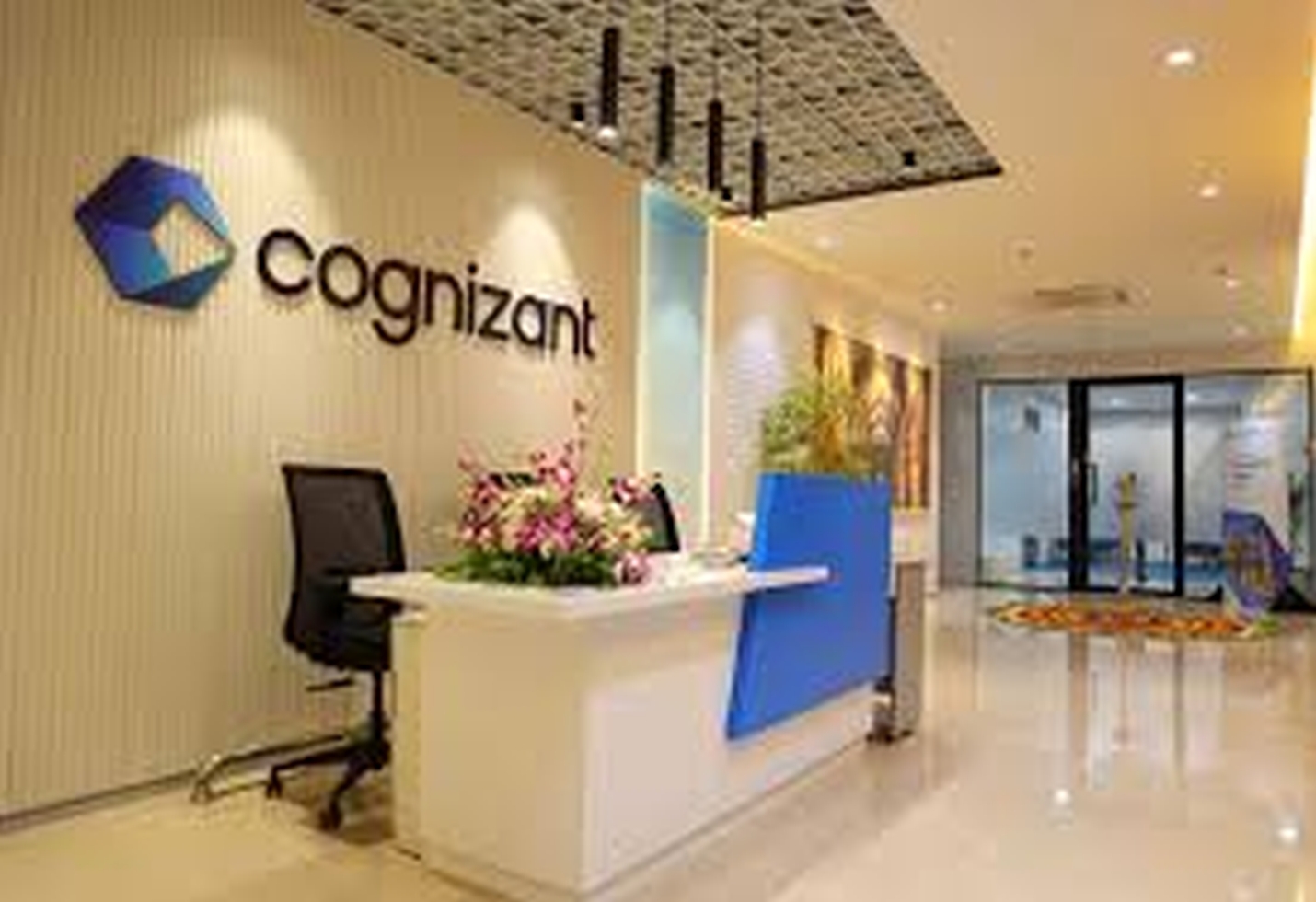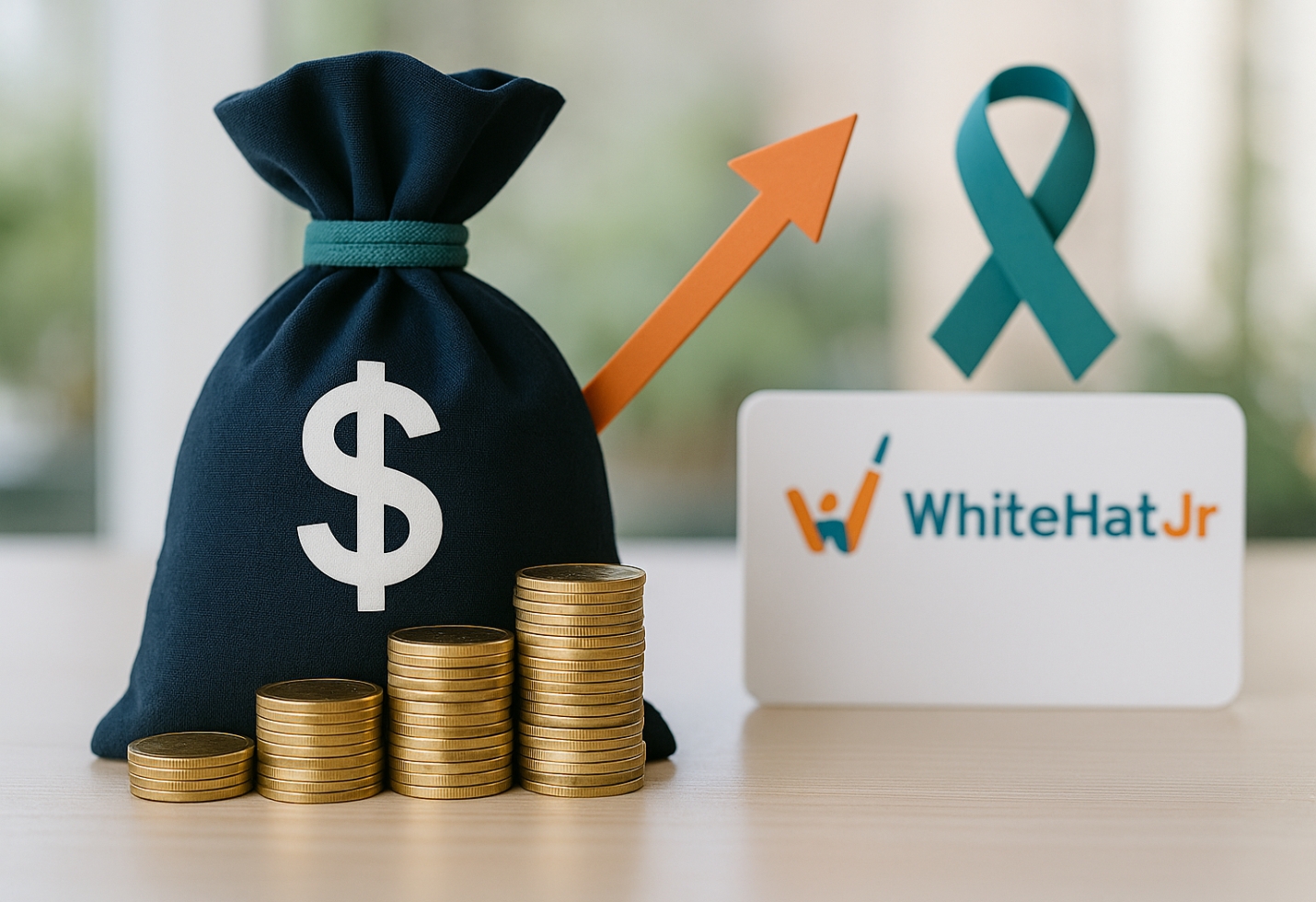Apollo Hospitals Boosts Digital Oncology with Acquisition
With the strategic acquisition of cancer care platform Onco, Apollo Hospitals deepens its digital healthcare capabilities as it gears up for the demerger of Apollo HealthCo.
Summary:
Apollo Hospitals has quietly acquired healthtech startup Onco, which is backed by marquee investors like Accel and Rainmatter. While the financial terms remain undisclosed, sources confirm that the deal was closed in December 2024. This acquisition reinforces Apollo’s growing focus on digital healthcare and cancer care, especially as it prepares for the demerger of its pharmacy and digital platform arm, Apollo HealthCo.
Apollo Hospitals Expands Its Digital Health Footprint
India’s healthcare giant, Apollo Hospitals, has taken a strategic step forward in its digital transformation journey with the acquisition of Onco, a healthtech startup that offers end-to-end cancer care services. While the financial details of the transaction have not been officially disclosed, sources close to the matter revealed that the deal was completed in December 2024.
The acquisition marks a significant milestone in Apollo’s plan to strengthen its digital healthcare capabilities, particularly in oncology, a field that continues to see rising demand and innovation.
About Onco: Empowering Personalised Cancer Care
Founded in 2016 by Dr. Amit Jotwani, an oncologist, and Siddhartha Jain, a former VC and entrepreneur, Onco.com was designed to simplify and democratize cancer treatment by providing patients with access to expert advice, personalised treatment plans, and coordinated care services.
Over the years, Onco has built a robust ecosystem that includes:
– A virtual tumour board to provide multi-disciplinary opinions
– A care management team that supports patients throughout their treatment
– A service that links patients to oncologists, medical facilities, and diagnostic laboratories.
The platform has served over 100,000 cancer patients across India and abroad, becoming a go-to resource for people looking for trusted and comprehensive cancer support. Its services span various stages of cancer, from diagnosis and treatment to post-treatment care and second opinions.
Backed by Prominent Investors
Onco has secured more than $13 million from prominent investors, including:
– Accel (a leading early-stage VC firm)
– Rainmatter Capital (backed by Zerodha)
– Vijay Shekhar Sharma, founder of Paytm
– Alteria Capital
– Prime Venture Partners
These funds helped Onco build its core technology platform, expand its team of oncologists and care managers, and build a data-rich oncology ecosystem.
Why Apollo’s Acquisition Makes Strategic Sense
The acquisition of Onco aligns perfectly with Apollo’s broader vision to dominate the digital health ecosystem. Apollo has been increasingly investing in technology, AI-driven diagnostics, telemedicine, and remote monitoring as part of its digital-first strategy.
Here’s why the Onco acquisition is a perfect strategic fit:
1. Deep Oncology Expertise: Apollo already has a strong presence in cancer treatment with its Apollo Cancer Centres. Onco adds a tech-driven layer that makes cancer care more accessible, affordable, and efficient.
2. Patient-Centric Digital Model: Onco’s platform-centric approach complements Apollo’s digital strategy to provide end-to-end patient journeys — from consultation and diagnosis to treatment and recovery.
3. Data-Driven Insights: With Onco’s oncology-focused patient data, Apollo can now enhance clinical decision-making and personalised treatment through AI and predictive analytics.
4. Synergy with Apollo HealthCo: The acquisition happens at a vital moment as Apollo works on spinning off Apollo HealthCo, its pharmacy distribution and digital health division, into a separate entity.
Apollo HealthCo Demerger in Focus
Apollo Hospitals has been streamlining its operations and sharpening its focus on vertical-specific growth. One of the biggest transformations in progress is the demerger of Apollo HealthCo, which combines its:
-Offline & digital pharmacy operations
-Digital consultation platform (Apollo 24|7)
-Telemedicine and diagnostics
The newly formed entity will focus on tech-enabled omnichannel healthcare services and is expected to attract its investor base. Acquisitions like Onco add significant value to HealthCo’s offerings, enhancing its clinical depth, patient experience, and platform scalability.
Rising Demand for Oncology Solutions
Cancer cases in India are expected to increase greatly, with the Indian Council of Medical Research (ICMR) projecting more than 1.5 million new cases each year by 2025. Limited access to high-quality care in Tier 2 and Tier 3 cities has driven the need for digital oncology solutions like Onco.
By integrating Onco into its ecosystem, Apollo Hospitals can now offer remote cancer consultations, personalised care plans, and cross-speciality collaboration at scale — a critical value proposition for India’s growing cancer burden.
What This Means for the Healthcare Sector
The Apollo-Onco deal signals a growing trend where large hospital chains are acquiring niche healthtech startups to accelerate innovation, improve service delivery, and reach new markets. As the lines between physical and digital healthcare continue to blur, such mergers will become more common.
Startups with deep specialisation in one vertical (like cancer, fertility, mental health, or chronic disease) are becoming prime acquisition targets for larger healthcare conglomerates looking to quickly expand their capabilities.
Future Outlook
With this acquisition, Apollo Hospitals is poised to strengthen its leadership in the oncology space while driving forward its digital health mission. It also sets the stage for Apollo HealthCo to emerge as a tech-powered, patient-first healthcare platform that can potentially list independently or attract strategic investors shortly.
The integration of Onco will likely fuel innovation in care delivery, improve patient navigation in complex cases, and contribute to building India’s most comprehensive and tech-savvy oncology network.
:
The image added is for representation purposes only




